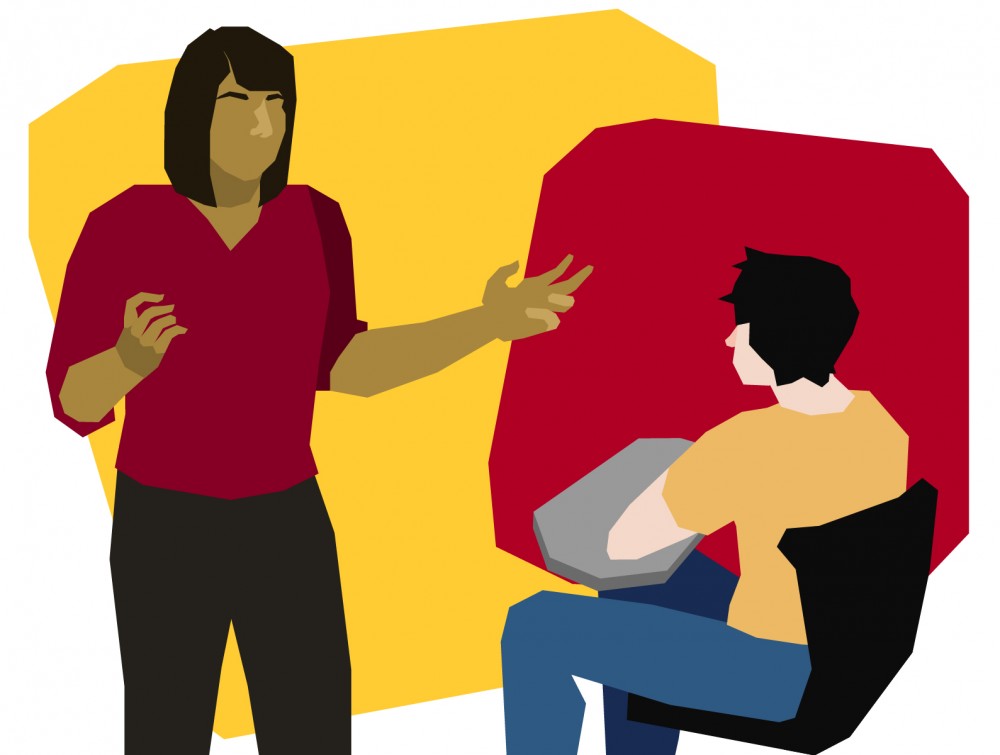This year, the University of Minnesota expanded an initiative aiming to assess faculty engagement with outside communities.
The Review Committee on Community-Engaged Scholarship, an initiative by the Office for Public Engagement and the Office of Faculty and Academic Affairs, is in its second year. It allows faculty up for tenure or promotion to be reviewed on whether their community-engaged scholarship meets certain criteria. The project has been opened up to faculty on all University system campuses this academic year.
Community-engaged scholarship is faculty work that engages with or benefits communities outside of the University.
The committee, made up of tenured faculty, is split into smaller groups who review faculty that request this assessment. Faculty can choose whether they want their research, teaching or entire portfolio reviewed. This review is sent in a letter to promotion and tenure committees to be considered among other materials.
Associate Vice President for Public Engagement Andrew Furco said in recent years there has been a movement toward more community-engaged scholarship.
“I think universities are being committed more towards their public purposes, especially at a University like ours which is a public university and a land grant university,” he said.
Furco added that groups that fund research for the University are increasingly seeking “higher impact research,” or research that matters to and benefits communities.
”Part of it is really identifying important standards of quality scholarship that’s impactful both for the discipline in which the faculty member works … and also for the community,” he said. “That’s something that’s expected of high quality community-engaged scholarship.”
Gwendolyn Anderson, a professor in the College of Education and Human Service Professions at the Duluth campus, researches sexual violence and child welfare topics through community-engaged work.
Community-engaged scholarship is especially relevant in the social work field, Anderson said.
Practitioners often have to be very focused on their jobs and may not always have time to engage with articles and research done in their field. This is where community-engaged scholarship can help, she said.
“As an academic I can kind of bridge some of that, providing some of those resources and tools and time and expertise to help them move forward in their work,” Anderson said.
Vice Provost for Faculty and Academic Affairs Rebecca Ropers noted that this review won’t be necessary for departments or faculty who are more familiar with community-engaged scholarship.
”For other units where it’s perhaps less typical or the unit might be in transition in terms of the kind of scholarship that they recognize, I think it will be a really helpful mechanism to advance and maybe speed up that awareness,” she said.
Anderson noted that reviewing faculty on community-engaged scholarship can be important in the tenure and promotion process because often this work tends to be less linear and more time consuming, so it can be less clear on paper.
She said community-engaged scholarship also holds an important place in the classroom. Anderson said she often brings in guest speakers from the research she is doing and involves her students in her work.
“It’s just kind of a cool mix that I think really enhances the quality and experiences that our students get as well through those connections,” she said.
There will be an informational session for faculty interested in this review process in February.







